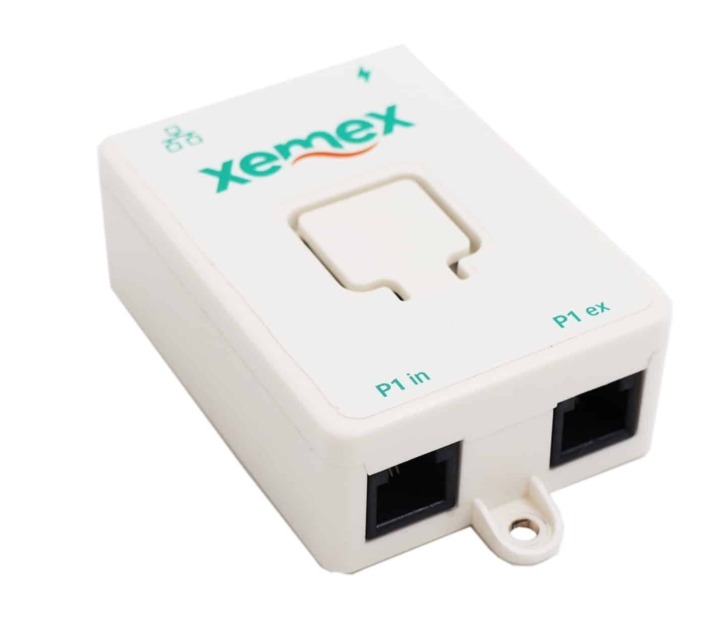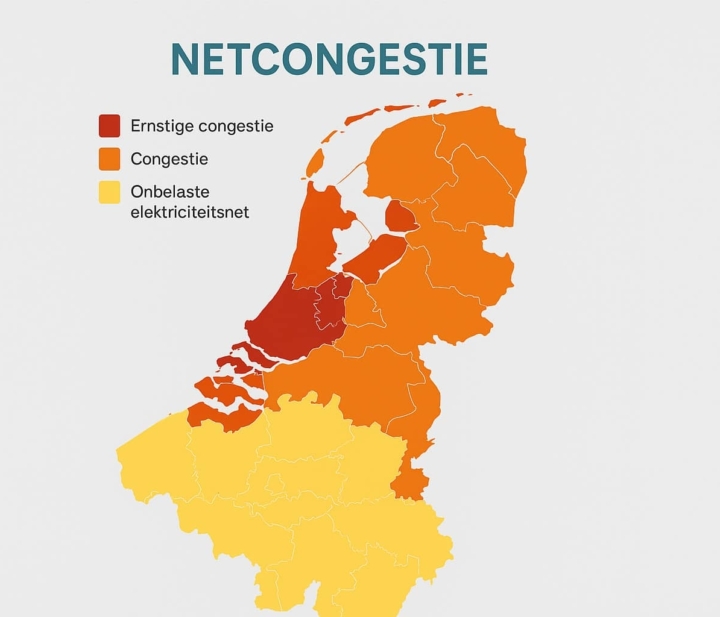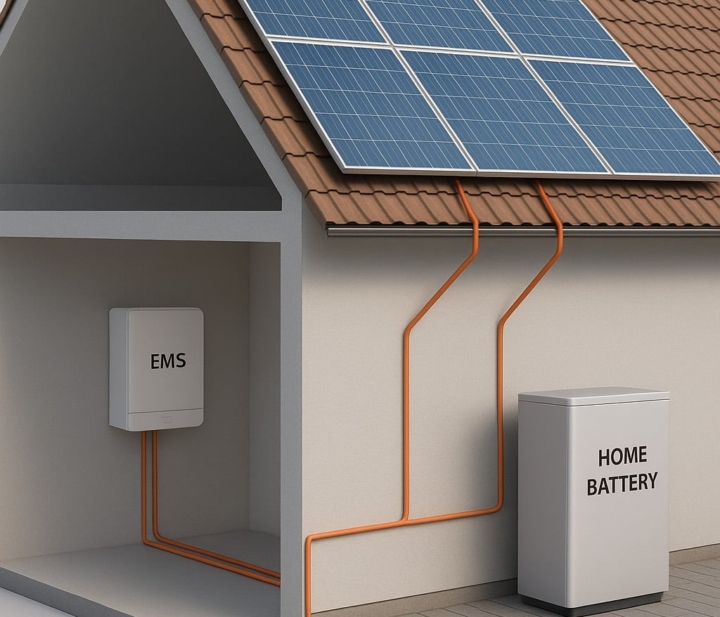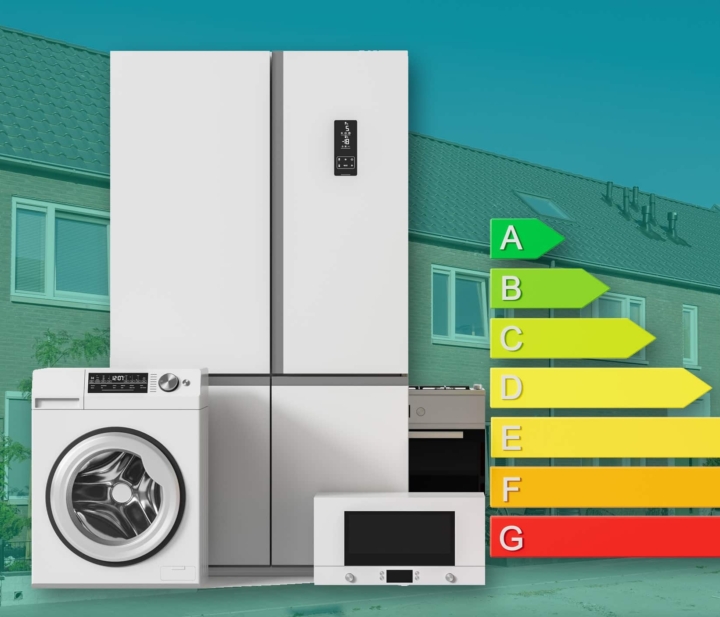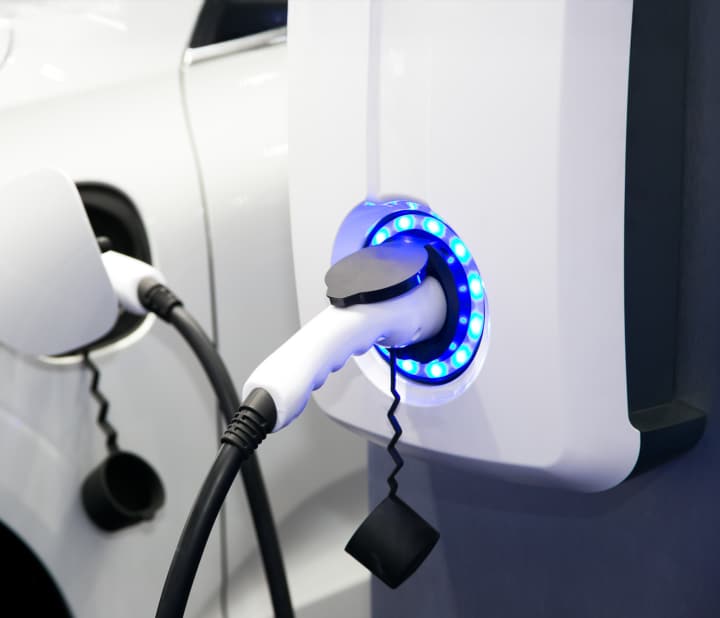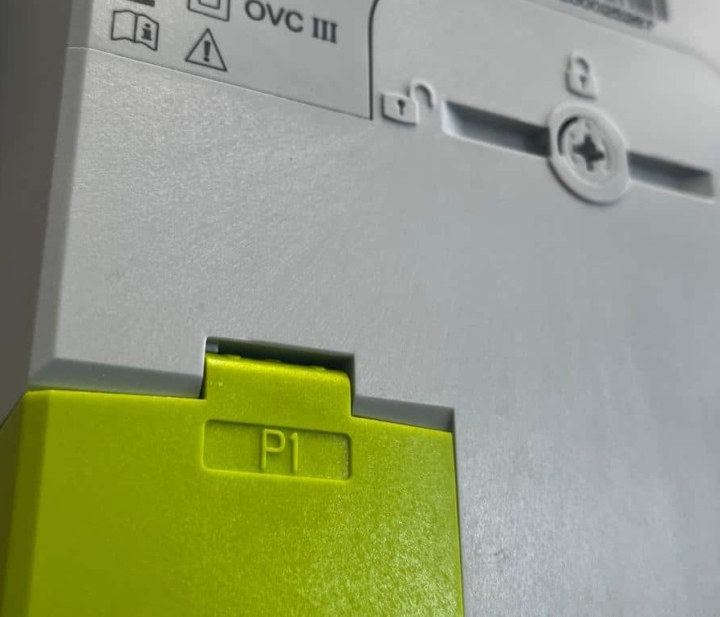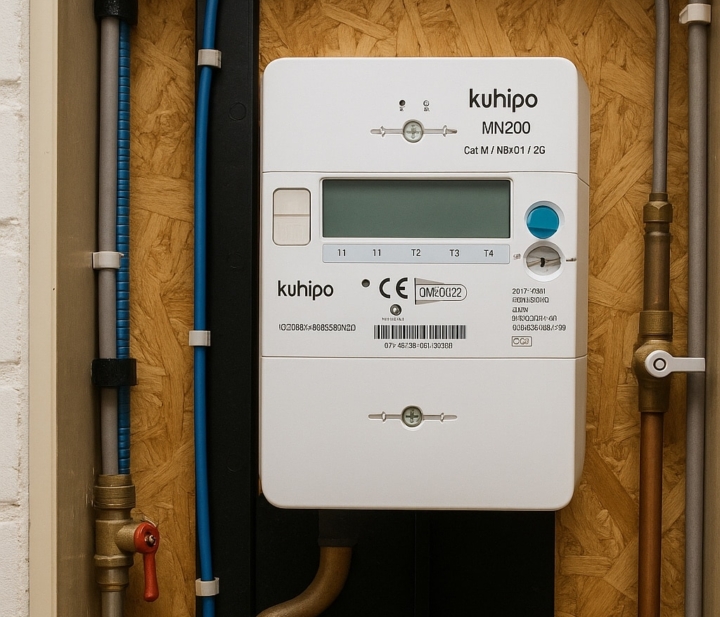Negative electricity prices as a wake-up call: how Belgium can build a smarter energy system
This past weekend, Belgium broke a remarkable record: the number of hours with negative electricity prices already exceeded 408 hours — more than in the whole of 2024. That was reported by VRT NWS on 9 August 2025. The reason is clear: an exceptionally sunny spring led to an abundance of solar power, while demand for electricity remained relatively low.
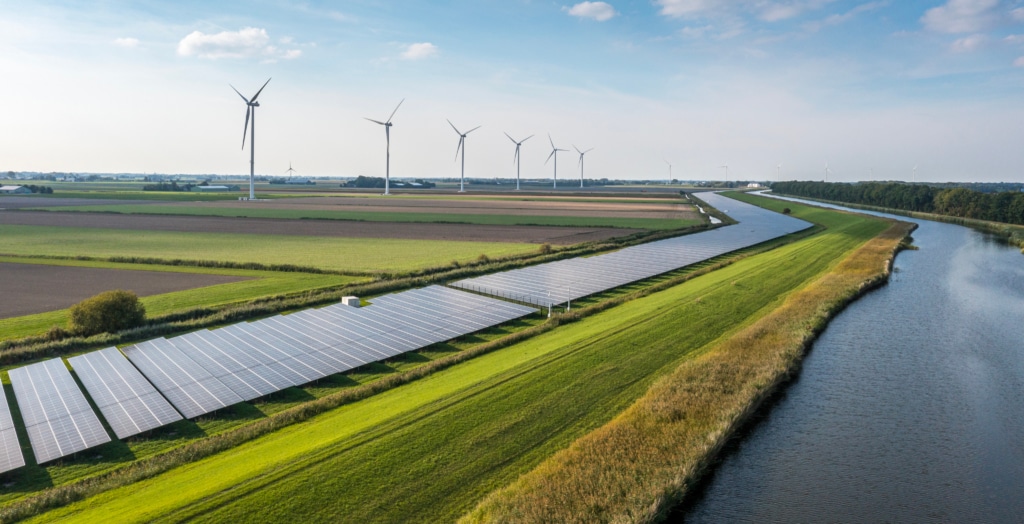
A record with a downside
According to energy trader Matthias Detremmerie, this phenomenon occurs “when a lot of electricity is being produced, often on sunny or windy days, and demand is lower than supply.” The result? The wholesale price drops below zero.
For households with a dynamic energy contract, this brought direct benefits. For others, with a fixed contract, nothing changed. But behind this seemingly positive news lies a challenge: negative electricity prices show that our energy system is increasingly out of balance. At certain moments we produce too much electricity, while at other times we face shortages.
Variable tariffs and the impact on consumers
The VRT article makes it clear that not every consumer benefits equally from negative prices. “People with a fixed contract will not feel any impact from negative electricity prices. Their electricity price is contractually fixed.” For consumers with a variable contract, it depends on the indexation method, while “the greatest impact is with dynamic contracts.”
A dynamic contract follows the pure market mechanism: hourly prices are directly passed on. “Those with a dynamic contract who consume electricity will actually be paid,” Detremmerie noted.
This underlines how important it is for consumers to understand their contract and the price signals that come with it. Only with sufficient transparency can households make smart choices and truly benefit from variable tariffs and dynamic energy prices.
The role of the home battery
For households with solar panels, the story is more complex. VRT reports: “If you have solar panels, depending on your contract, you may have to pay for the surplus you inject into the grid during negative electricity prices.” For some families, this is a reason to temporarily switch off their solar panels.
But that is a missed opportunity. With a home battery, surplus power can be stored instead of exported. This increases self-consumption, reduces costs, and contributes to a more stable electricity grid.
Batteries are not just a personal savings solution, they are also a lever for the entire system. They help reduce the imbalance between production and consumption.
Energy management through an EMS
A battery is powerful, but only in combination with an Energy Management System (EMS) does it reach its full potential. An EMS continuously monitors production, consumption, storage capacity, and energy prices. Based on this data, it autonomously decides: do we charge the battery, start the electric vehicle, or run the heat pump?
The VRT article points out that “supply and demand must always be in balance to guarantee the stability of the grid” and that large-scale storage will be part of the solution. This is exactly where the EMS comes in: it translates price signals into concrete actions, tailored to the user’s situation.
At times of negative prices, the EMS can automatically switch on appliances to consume electricity cheaply — or even profitably. At times of high prices, it does the opposite. This way, consumers gain control over their energy bills while the grid is simultaneously relieved.
A fair and transparent energy system
Negative prices also expose the weaknesses of our current tariff system. As Eneco noted in the VRT article, “taxes and distribution tariffs make up about half of the electricity bill” and still apply even when prices are negative. This means consumers end up paying at times when they are actually helping to relieve the grid — an illogical incentive.
This is an opportunity for policy and technology to work together. A fair system should reward flexible and smart electricity use, rather than penalize it.
The vision of Xemex aligns perfectly with this: technology must be transparent and fair, without hidden conditions or dependencies. No vendor lock-in, but flexibility, so consumers remain free to choose which devices or suppliers they connect with.
Belgium as a testing ground for smart energy
Belgium combines a high penetration of solar panels with growing electrification of mobility and heating. This makes our country an ideal testing ground for smart energy solutions, but it also increases pressure on the electricity grid.
With dynamic energy prices, Belgian consumers can actively contribute to the energy transition. By shifting consumption to moments of abundance, we avoid wasting renewable power. Home batteries and EMS make this both feasible and affordable at the household level.
Towards a culture of energy savings
At the same time, energy saving remains the first priority. As the VRT article highlights, negative prices force consumers to reflect on their consumption patterns. An EMS can provide this insight and help households and businesses structurally reduce their energy use.
This perfectly matches the core values of Xemex: technology should be designed to truly save energy, not to add complexity.
Conclusie: negatieve prijzen als kans
The new record of negative electricity prices is more than a curiosity. It is a signal that the Belgian energy market is in full transition.
The challenge is to make smart use of this abundance. Variable tariffs and dynamic energy prices make this possible. Home batteries and EMS ensure that price signals are automatically translated into actions that benefit both the consumer and the grid.
By focusing on transparency, fairness, flexibility, and energy savings, Belgium can become a model country for smart energy management. Negative electricity prices are not a problem to be avoided but an invitation to use energy more intelligently.
Always ready to start
Wondering what we can do for your organization? Contact Xemex and discuss your needs with our team. Together we will realize a solution that addresses your energy challenges and opens up new possibilities.
Burgemeester Burgerslaan 40
5245 NH 's-Hertogenbosch, The Netherlands
Metropoolstraat 11a
2900 Schoten; Belgium
